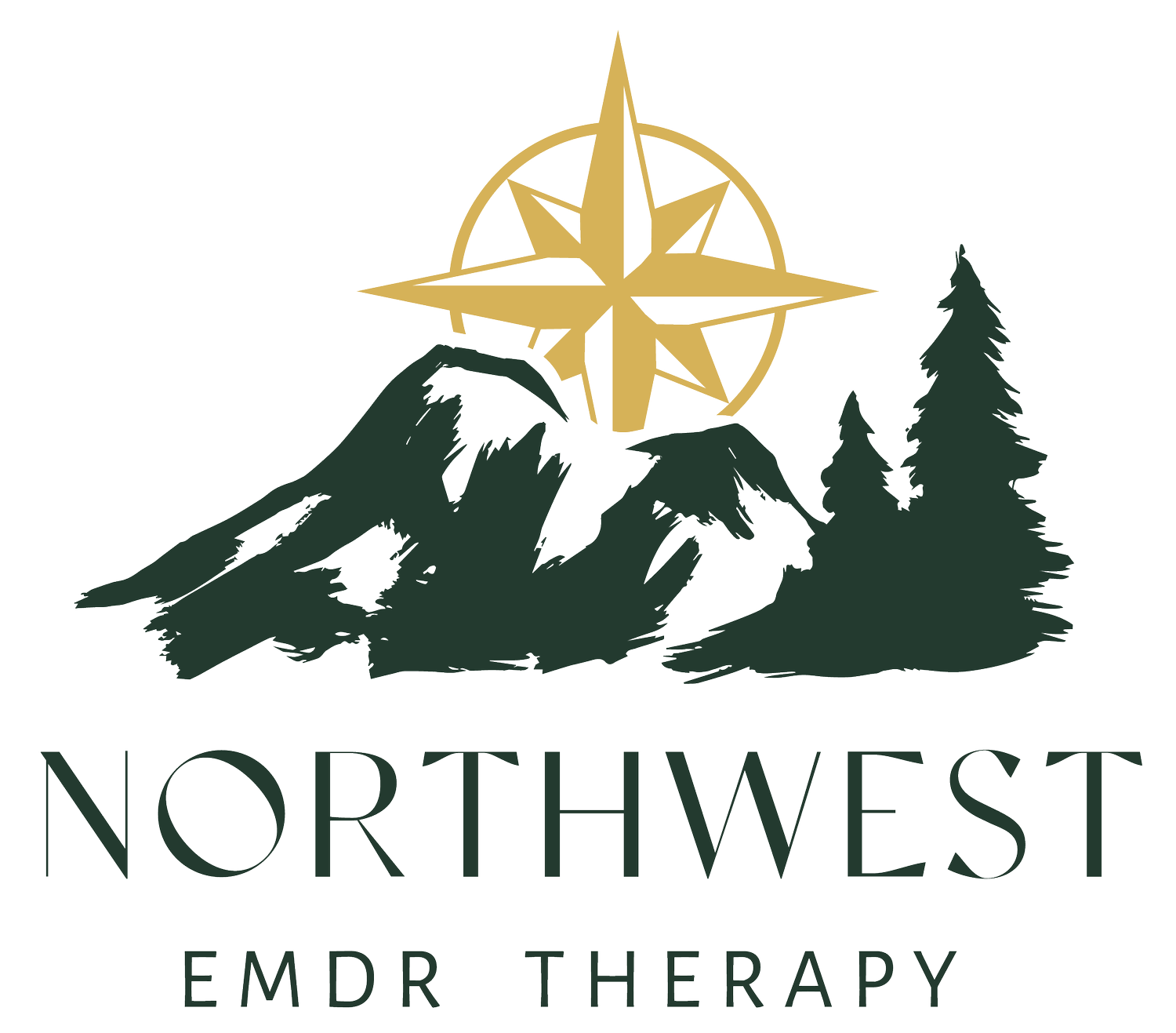Dr. Stacy Storey
If you have heard the acronym BPD, you know that it stands for Borderline Personality Disorder. What does this mean though? What does BPD look like, and how do you support people in your life who might struggle with BPD symptoms? As we know, most mental health diagnoses do not get talked about enough or have a negative connotation attached to them. We want to work to change the stigma of mental health, educate people, and support people in our lives who are struggling with different mental health challenges. BPD does not get talked about enough or is often ignored and even misdiagnosed. So, let’s take some time to explore BPD.
According to the National Institute of Mental Health, BDP is a mental health condition that creates increased challenges for a person to manage/control their emotions. Symptoms of BPD often cause intense mood swings, as well as difficulties with self-image and how the person views/feels about themselves. While having to navigate these challenges with mood and self-image, people who struggle with BPD often have extreme fears of abandonment, which can impact relationships negatively.
If you are someone who struggles with BPD, have someone in your life who struggles with BPD, or are in a relationship with someone who has BPD, here are some tips/suggestions to support the person/relationship. The first step will be to understand that a diagnosis is just that, a diagnosis; it does not define the person. Working to learn and understand what you can about the diagnosis, but remembering it does not change who the person is. Learning about BPD and the different types of BPD can be helpful as well. BPD can be broken down into four different types: discouraged, impulsive, irritable, or self-destructive BPD. Support the person in your life, or yourself, by exploring the different types and symptoms and working to find helpful tips and tools to support balancing the symptoms.
Let’s start by exploring self-awareness, which is the ability to be aware and understand your emotions, as well as the impact your emotions have on the people around you. Self-awareness is an amazing tool to take into consideration when you feel that your emotional reactions are not corresponding with how you feel compared to your behavior. In counseling sessions, it is important to be able to not only listen to people’s words, but their tone, and body language. Having strong self-awareness would be supported by a cohesion of words, tone, body language, and how you are feeling. Increasing your self-awareness helps to recognize your personal strengths and where you could improve, as well as reflecting on experiences and interactions and being able to learn more about yourself and how to improve your interactions with others.

Within an intimate relationship with someone with BPD, there can be challenges in differences in how the relationship is being viewed. Differences in the importance or the overall impact of the relationship can cause concerns for the longevity of the relationship. Struggling with BPD can be difficult in intimate relationships because of the fear of abandonment and putting so much pressure on the relationship and the other partner. Gaining an understanding of BPD, the symptoms, and behaviors can help to reduce the ups and downs within the relationship overall.
Finally, while education on mental health diagnosis is important, it is also essential to have tools to help navigate the symptoms. If you struggle with BPD and are building a new relationship, it is important to share what you feel comfortable with sharing, and support your partner to do research on best practices for building a strong relationship. Effective communication tools are very important to support anyone. Being able to share concerns, emotions, and gain validation from sharing can be beneficial.
If you feel that BPD impacts you or someone else in your life, there is a lot more information on the topic available online. Also, reaching out to a mental health provider to explore assessments for diagnosis or to get support in working on and building tools to navigate symptoms can be extremely helpful. Many providers, like Northwest EMDR Therapy are well-versed in BPD and can help you find the tools that can work for you.

